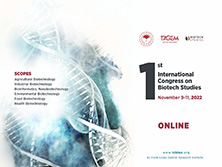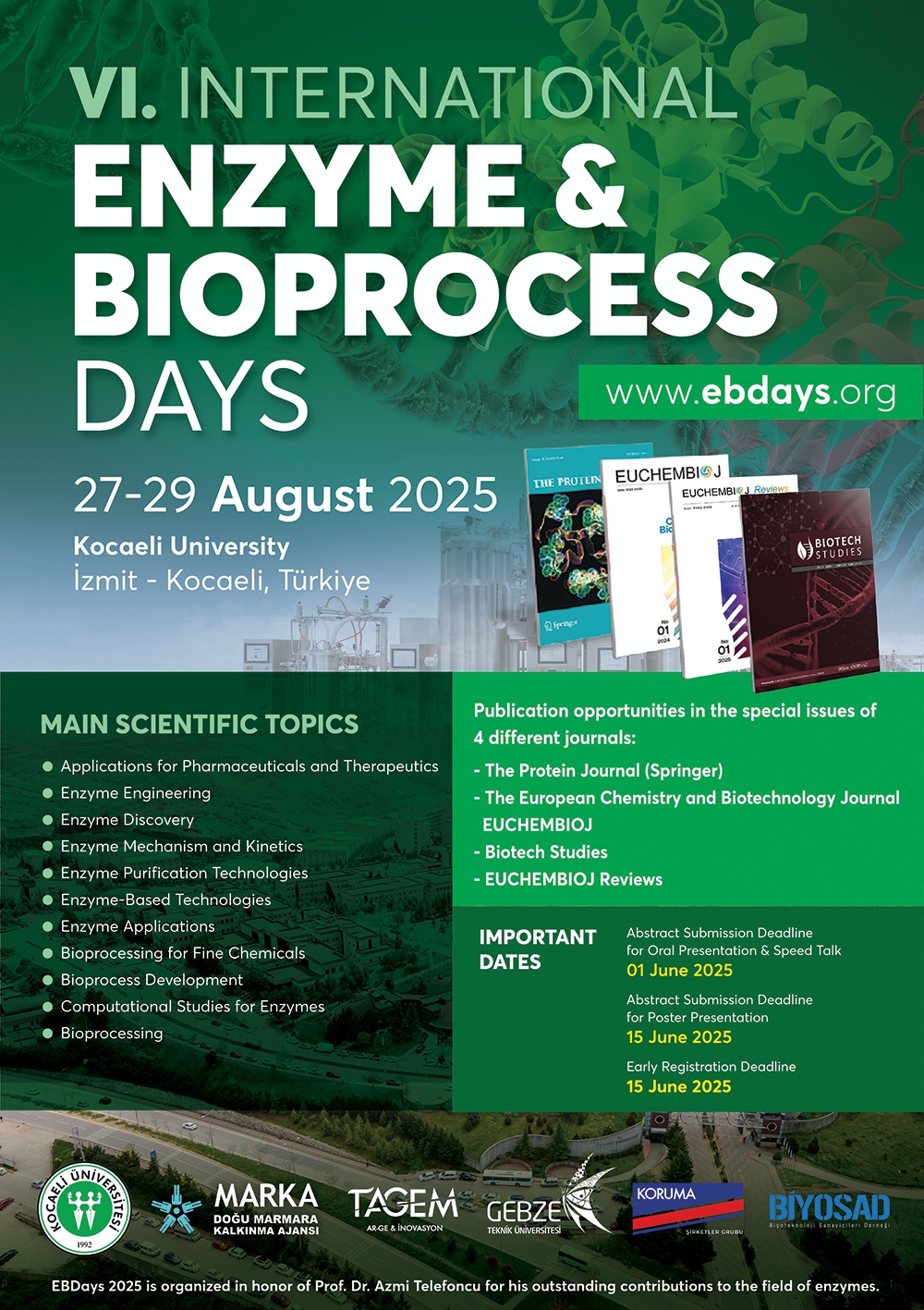Biotech Studies
2016, Vol 25, Num, 1 (Pages: 299-303)
Developments of Seed Sector in Turkey and its Possible Effect on Certified Seed Use and Crop Yield
2 TAREKS A.Ş., Ankara DOI : 10.21566/tarbitderg.280396 - Seed is the most important input in agriculture for increasing yield and production for human nutrition and animal feeding. Seed quality with appropriate agronomic practices may increase yield of crops up to 20- 30%in self-pollinated crops whereas 100% in hybrids. To get benefit from the advantage of certified seed depends on the level of development of seed sectors in the countries. However, development of seed sectors requires structural adjustment, legal arrangements and investments for seed sectors in public and especially private sectors. In our country seed sector was mainly controlled by the public until 1980. Since the 1985s, seed sector including private sector aiming to been integrated with the world seed policies based on to scientific and technological developments and changes in seed systems has been developed. In this context, Turkish seed sector have gained momentum and began restructuring with the adoption of the laws, `Protection of Breeder`s Rights for New Plant Varieties` in 2004 and `Seed` in 2006. Depending on the developments of certified seed sector in our country, seed production and use has increased over the years. While it was 110 thousand tons in 1996, certified wheat seed production reached to 421 thousand tons in 2013. Private seed sector has been developed faster and their share in certified wheat seed increased to 58%in 2013 from 4%in 1996. Whereas approximately 5.4 million decare area was subsided for certified seed usage in 2005, it reached to 15.5 million decare in 2013. Turkey showed an increase in the average yield of wheat in the year; In 1996, the yield per decare to 198 kg, 236 kg in 2006 and reached 284 kg in 2013. The impact of certified seed use in this increase occurred in the yield cannot be underestimated. Keywords : Seed, certified seed, subsidy, wheat, yield
















